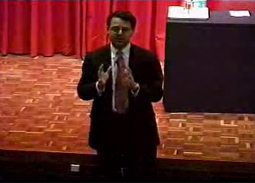About this videoIn this lecture, Dr. Michael Krauss examines inalienability and citizenship. He explains that inalienable rights, such as the right to vote, and inalienable duties, like jury duty, do not take opportunity costs into consideration. The alternatives are market systems and the concept of alienable duties. Dr. Krauss mentions that game theory proves that government is necessary to enforce contracts. And finally, he analyzes two key differences between common and civil law: specific performance and penalty clauses. |
|
CreditsEconomic Analysis of Law and Public Choice (Part 5) | |











